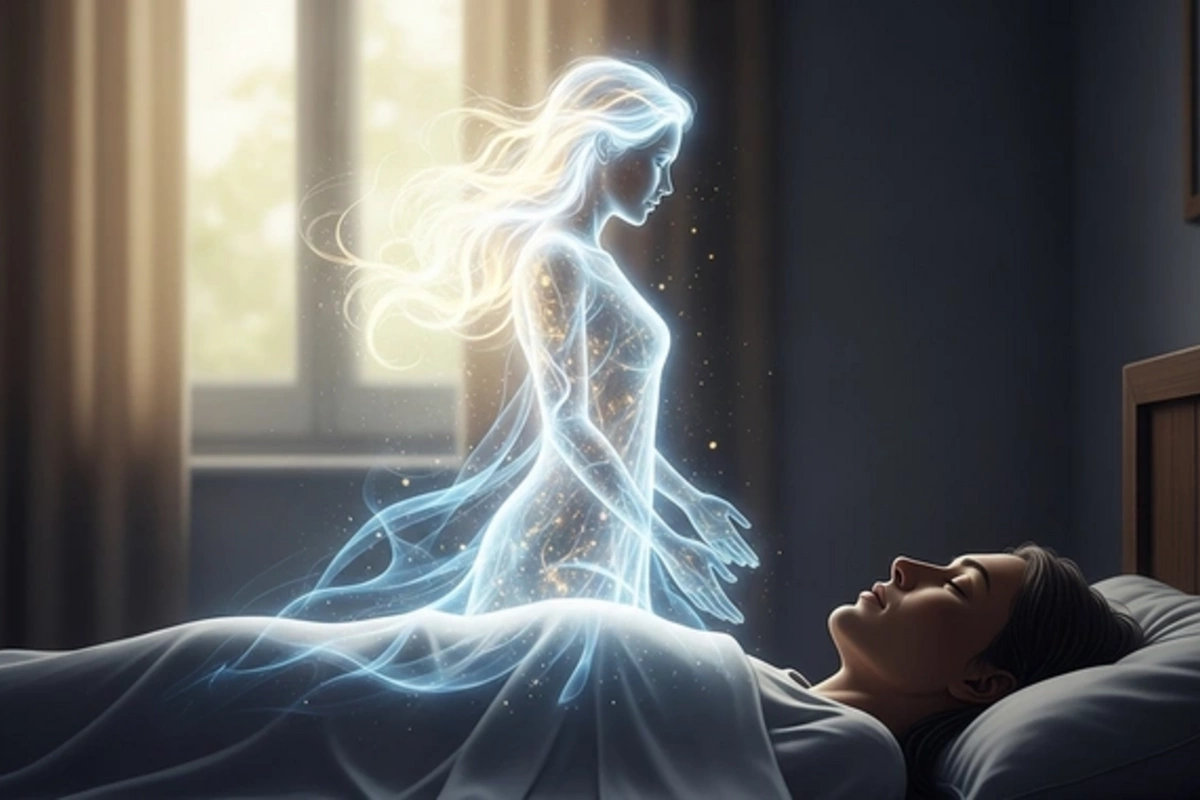29 Aug , 16:13
0

The Great Mystery of Existence: How the Phenomenon of Death Shapes Human Civilization
Death remains one of the most mysterious and inevitable realities of human existence. For centuries, it has been at the center of philosophical discussions, religious teachings, and scientific research.
Despite the impressive achievements of modern medicine and technological progress, the end of the earthly journey is inevitable for everyone. It is this fundamental understanding of the finiteness of existence that deeply influences the formation of worldviews, cultural traditions, artistic works, and personal values.
What is Death from a Philosophical Perspective
Philosophers since ancient times have tried to explain the nature of death. For some, it was the natural completion of the life cycle, for others - a transition to another reality. Ancient thinkers viewed it as the liberation of the soul from the body, while materialists saw death as the end of consciousness. Philosophy pushes toward the idea that it is the fear of death that makes humans strive to find meaning in life.
Religious Concepts
Most world religions assert that death is not the end, but the beginning of another form of existence. Christianity speaks of the eternal life of the soul, Islam of Judgment Day and heaven or hell, Buddhism of rebirth. These beliefs help people cope with feelings of anxiety and uncertainty. Faith in continued existence beyond the earthly world shapes moral norms and value systems.
Scientific View
Science views death as the cessation of biological functions of the organism. Modern research in neurobiology and medicine provides a deeper understanding of how the brain works in its final minutes. Scientists also study the phenomenon of clinical death and so-called near-death experiences. Despite numerous hypotheses, there is no definitive answer to the question of what happens to consciousness after death.
Psychology of the Fear of Death
Awareness of life's finiteness accompanies humans from childhood, but becomes especially acute in mature years. Psychologists note that the fear of death is not so much the fear of non-existence itself, but anxiety about the unknown. For many people, what matters more than death itself is the thought that they might not have time to realize their dreams and leave a mark. That is why the theme of legacy and memory is so significant.
Death in Culture and Art
Literature, painting, and music have reflected on finitude throughout the centuries. Artists have depicted death as a grim symbol or as a wise force, philosophers have written treatises on its inevitability, and poets have transformed it into a metaphor for the eternal cycle. In art, death often coexists with images of love, hope, and rebirth.
How Death Affects Life
Paradoxically, it is the awareness of the end that makes life more valuable. People begin to cherish time, strive for new knowledge and experiences. Sages have claimed that by thinking about death, one learns to live more fully. This view forms the basis of a conscious attitude toward life, choice of path, and relationships with loved ones.
Death remains the greatest mystery. It frightens, but simultaneously gives depth to human existence. The question of what awaits a person after their last breath remains open. But it is this uncertainty that makes life a priceless gift that should be used wisely and consciously.